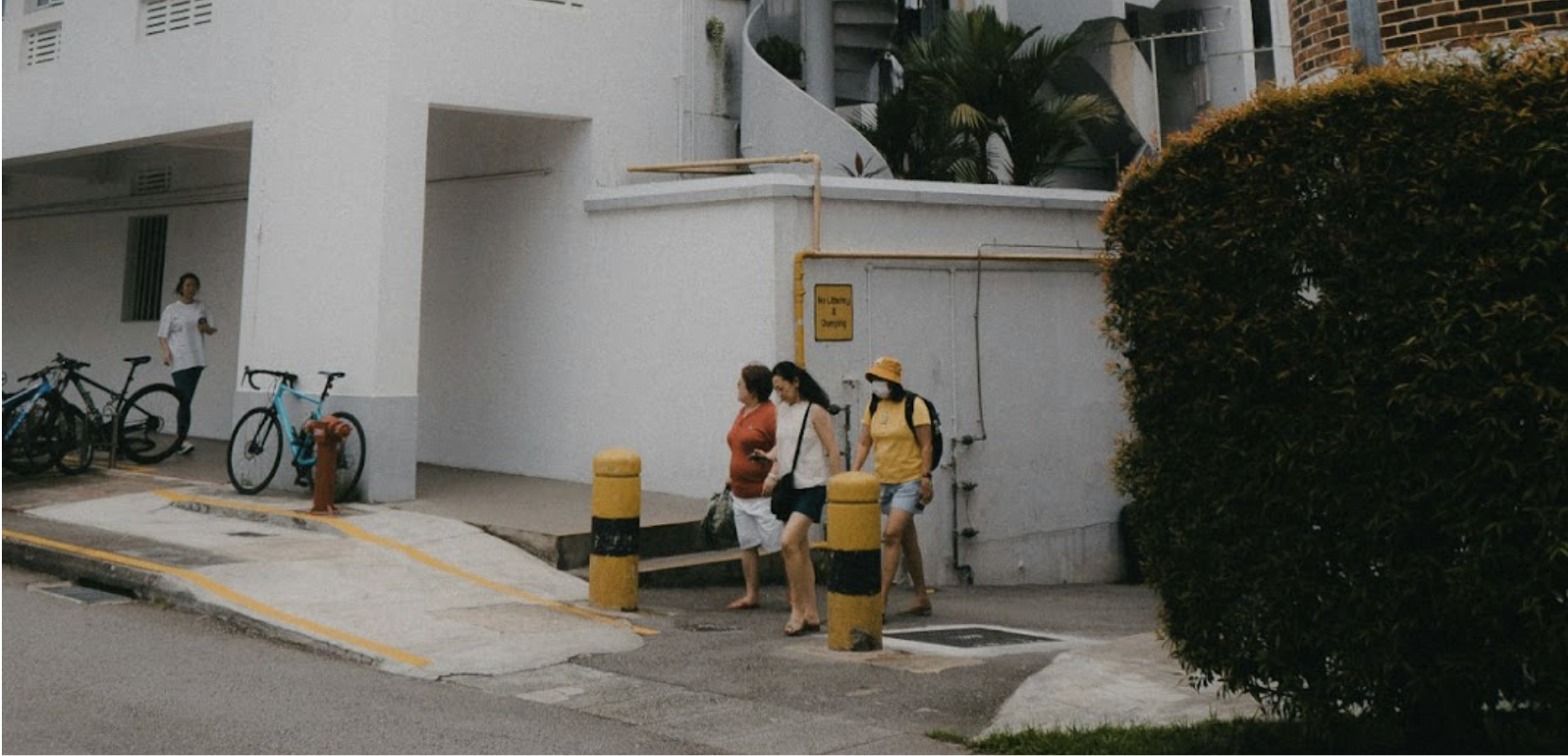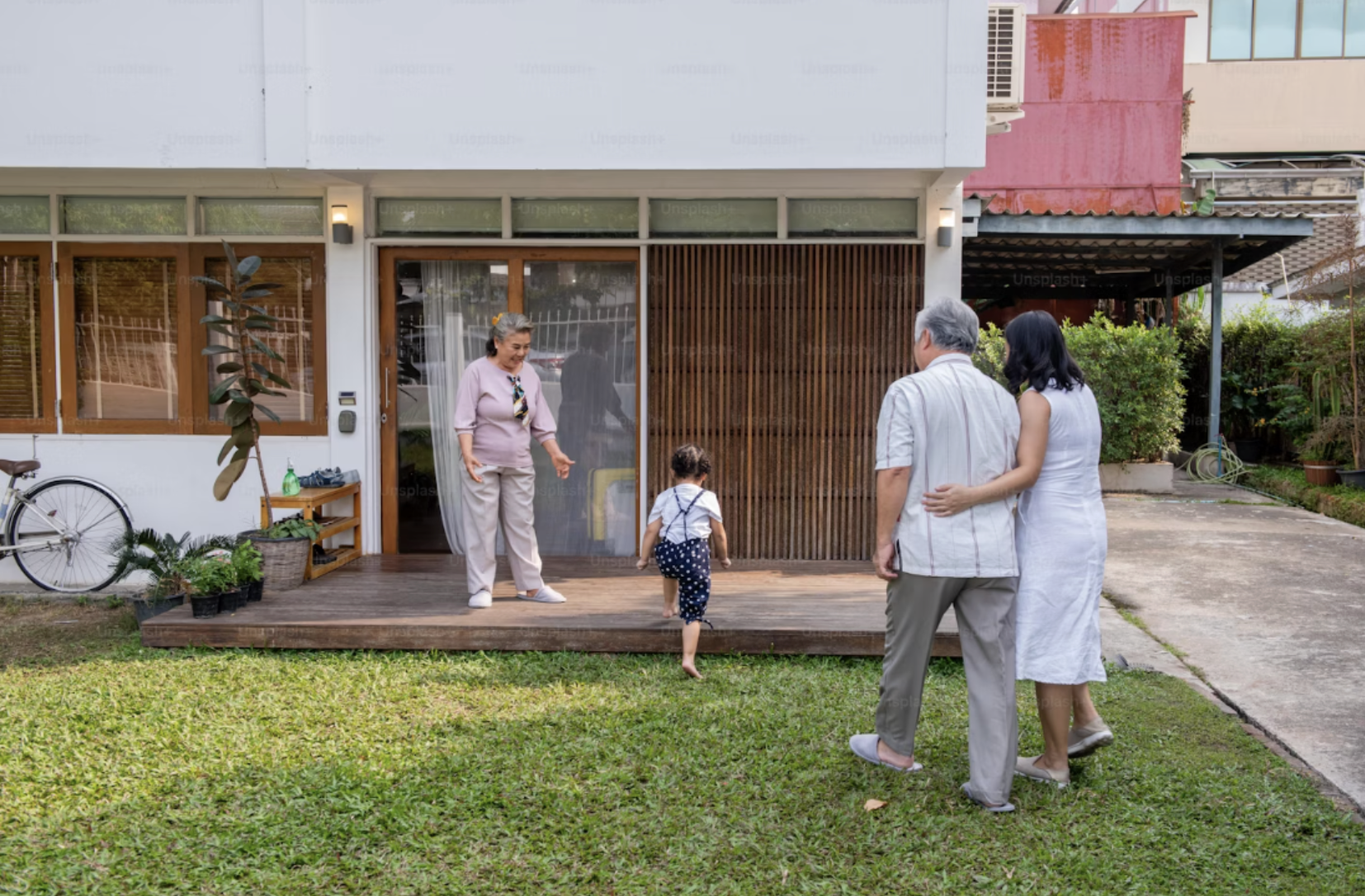Browse through our library of informative resources to stay informed and inspired


Renouncing Singapore citizenship in 2025 is an irreversible decision with long-term consequences. Recent policy changes have made this choice even more final: CPF accounts now close automatically after renunciation, and PR re-applications can no longer be appealed. For male citizens, National Service obligations remain a critical hurdle. This guide explains the updated rules, process, and life after renunciation so you can make an informed choice.
Navigating the intricate web of Singapore’s citizenship laws requires deep expertise and a forward-looking understanding of the regulatory environment. Our team has dedicated years to analyzing immigration policies, tracking legislative amendments, and advising individuals on the complex implications of their citizenship status. We have dissected the latest changes, from the nuances of the Immigration (Amendment) Act to the financial imperatives of new CPF Board directives, to provide you with an authoritative, reliable, and actionable guide for 2025. This article synthesizes official government sources and policy updates to deliver the clarity needed for one of life’s most significant decisions.
The decision to renounce Singapore citizenship in 2025 is not governed by a single new law but by a confluence of recent policy and legislative shifts. Together, these changes have created a more rigid and administratively final environment for anyone severing their formal ties with the state.
Effective from 31 December 2024, this act enhances the powers of the Immigration & Checkpoints Authority (ICA). While not directly altering renunciation law, its most critical impact for a former citizen is the removal of the statutory right to appeal decisions on Permanent Resident (PR) status. Previously, this offered a formal channel for recourse. Its removal aligns PR decisions with citizenship applications, for which no such appeal avenue exists. This legislative move signals a hardening of Singapore’s immigration posture, making the act of renunciation more permanent than ever before.
A major policy change implemented by the CPF Board, effective from 1 April 2024, mandates the automatic closure of CPF accounts for individuals who are no longer Singapore Citizens or PRs. If you do not proactively withdraw your savings, your account will be closed in the month following the completion of your renunciation, and the funds will cease to earn the prevailing CPF interest rates. This introduces a time-sensitive financial imperative that compels swift action to secure your retirement funds.

Before you can even begin the process, you must meet three non-negotiable eligibility criteria stipulated by the Singapore government.
For male Singapore citizens, National Service (NS) is the single most critical factor in the renunciation process. The government’s stance is uncompromising: NS is a fundamental duty that must be fulfilled before a citizen can be released from their obligations.
The government reserves the constitutional right to withhold renunciation for any male citizen with outstanding NS liabilities. For those who emigrated at a young age, MINDEF’s key assessment is whether they have enjoyed “substantial socio-economic benefits” as a citizen. This includes:
Attempting to renounce citizenship without fulfilling NS obligations will lead to the application being withheld. The individual remains a Singapore citizen and an NS defaulter, liable for prosecution upon returning to Singapore. Penalties include a fine of up to S$10,000, imprisonment for up to three years, or both.
Crucially, the consequences extend beyond the individual. Defaulting on NS will have a “serious adverse impact” on any future applications by that individual to work, study, or live in Singapore. This policy also
adversely affects family members’ applications for long-term immigration facilities, their ability to sponsor such facilities, the renewal of their Re-Entry Permits, or their applications for Singapore citizenship. This elevates NS evasion from a personal offence to an act with long-term consequences for the entire family’s immigration future in Singapore.
The process is a formal, multi-stage procedure designed to be deliberate and methodical. It combines online submission with the physical surrender of documents.
This is the most critical phase. The online application must be completed in a single session of about 30 minutes as there is no “save” function. You must prepare all documents beforehand.
Document Checklist:
Note: Certified True Copies must be notarized by a Notary Public, Justice of the Peace, Commissioner for Oaths, or a Singapore Consular Officer. Documents not in English require an official translation.
The application is only complete once ICA receives the required physical documents. You must mail (by registered post) or submit in person the following to the ICA Building in Singapore or the nearest Singapore Overseas Mission :
The general processing time is approximately three months from the receipt of all required documents. Upon approval, you will receive an official letter confirming you are no longer a citizen of Singapore.

Giving up citizenship is a complete severing of your socio-economic relationship with Singapore. You are reclassified as a foreigner in every respect.
Upon renunciation, you are entitled to withdraw your CPF savings in full. Due to the policy change effective 1 April 2024, this process is now time-critical.
Your right to own property in Singapore is immediately reclassified to that of a “foreign person.”
Re-establishing any form of long-term residence or employment in Singapore is exceptionally difficult.
Renouncing your Singapore citizenship is permanent. At The Immigration People, our specialists guide you through every step — from understanding CPF withdrawals and NS liabilities to planning your long-term residency options. Contact us today for a confidential consultation and make this critical decision with clarity and confidence.
If you are allowed to renounce your Singapore citizenship without fulfilling NS duties, you may negatively impact your chances to work, study, or live in Singapore. Additionally, you may be disqualified from applying for a PR or citizenship in the future.
To renounce your Singapore citizenship, you must submit the complete contents and duly filled-out application forms included in the application package. Further instructions regarding the recipient and a list of documents are also included in the package.
You will not be fined or charged for cancelling your Singapore PR application. Instead, the ICA will send you a letter affirming your decision. After your PR status has been cancelled, you are still allowed to withdraw the lump sum of your CPF.
Singapore currently does not allow dual citizenship. If you want to be a citizen of a foreign country, then you must renounce your Singapore citizenship.
Please share with us some details about your needs, we will get back to you.